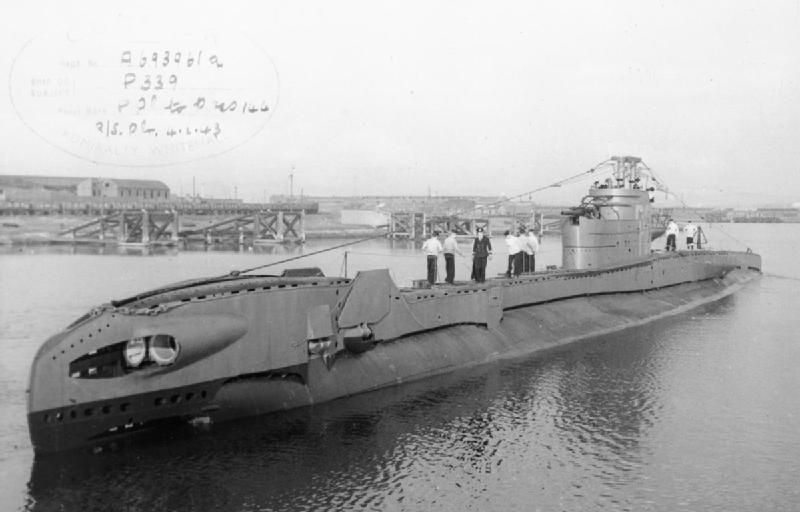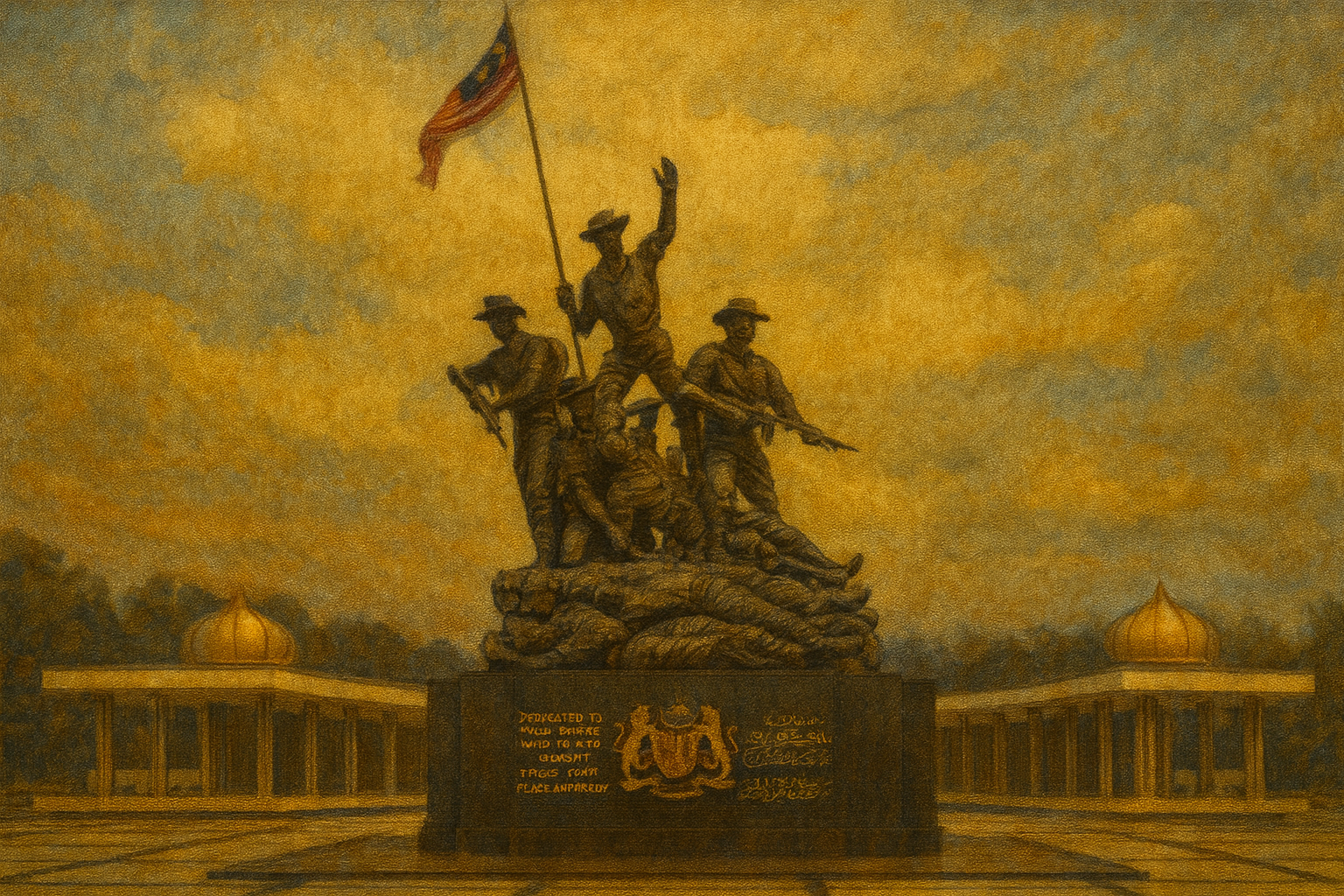1943

| GDP Per Capita (USD) | 30 |
| Population (millions) | 4.81 |
| Nasi Lemak Price | 100 yen |
| Teh Tarik Price | 50 yen |
| Urban Population Percentage | 10% |
Japanese Occupation Era
For folks in Malaya, life during Japanese Occupation meant scarcity—food, medicines, jobs diminished.
World War II
A truly global conflict where the decisions made in Europe, Asia, and the Pacific reverberated everywhere.

Replacement of Japanese Administration Leadership in Malaya 1943
In March 1943, amid Japan's weakening position in the Pacific War, the Japanese administration in occupied Malaya replaced hardline leader Colonel Watanabe Wataru with Major-General Masuzo Fujimuro, marking a shift toward more inclusive governance policies to stabilize resource extraction and reduce resistance.

Establishment of the German U-boat Base in Penang
In July 1943, the Axis powers established a multinational submarine base in Japanese-occupied Penang, Malaysia, enabling German U-boats of the Monsun Gruppe to conduct operations in the Indian Ocean and facilitating the exchange of strategic materials between Nazi Germany and Imperial Japan.

Death of Sultan Abdul Hamid Halim Shah of Kedah
Sultan Abdul Hamid Halim Shah, the 26th Sultan of Kedah, died on 13 May 1943 at the age of 78, concluding a 62-year reign marked by shifts from Siamese suzerainty to British protection and the turmoil of Japanese occupation during World War II.

Landing of the First Force 136 Team in Perak
The landing of the first Force 136 team in Perak on 24 May 1943 initiated Operation Gustavus, a covert Allied effort to infiltrate Japanese-occupied Malaya, link with local resistance groups like the MPAJA, and gather intelligence for the eventual liberation of the region during World War II.

Subhas Chandra Bose Assumes Leadership of the Indian National Army
On 4 July 1943, Subhas Chandra Bose arrived in Singapore and assumed leadership of the Indian National Army, revitalizing the anti-colonial force amid World War II and inspiring the Indian diaspora in Japanese-occupied Malaya.

Japanese Announcement of the Return of Northern Malay States to Thailand
In July 1943, Japanese Prime Minister Hideki Tojo announced the return of the northern Malay states of Kedah, Perlis, Kelantan, and Terengganu to Thailand as a reward for its alliance with Japan during World War II, marking a strategic territorial concession in Southeast Asia.

Thai Administration Begins in Northern Malay States
On 18 October 1943, during World War II, Thailand assumed administration of the northern Malay states of Kedah, Perlis, Kelantan, and Terengganu, previously under British control, as part of an alliance with Japan.

Sinking of the Japanese Submarine I-34 by HMS Taurus off Penang, 1943
On 13 November 1943, during World War II, the British T-class submarine HMS Taurus intercepted and sank the Japanese cruiser submarine I-34 in the Malacca Strait off Penang, Malaysia.










